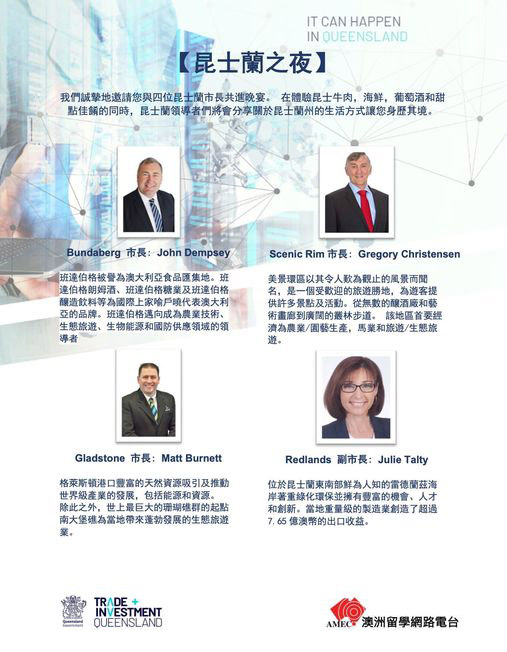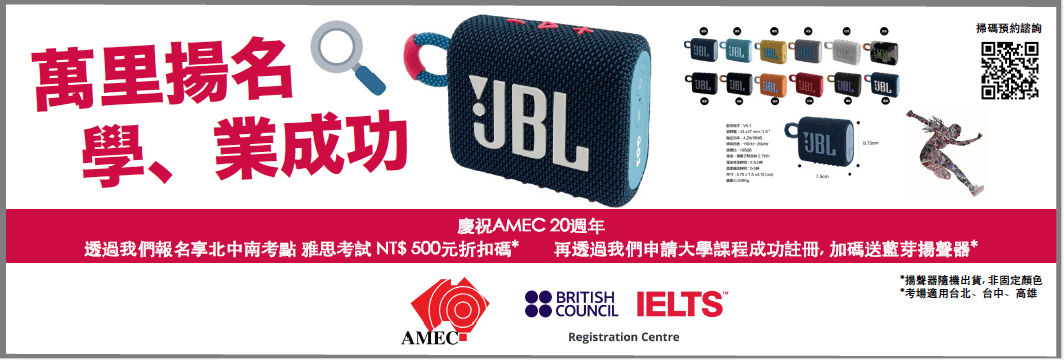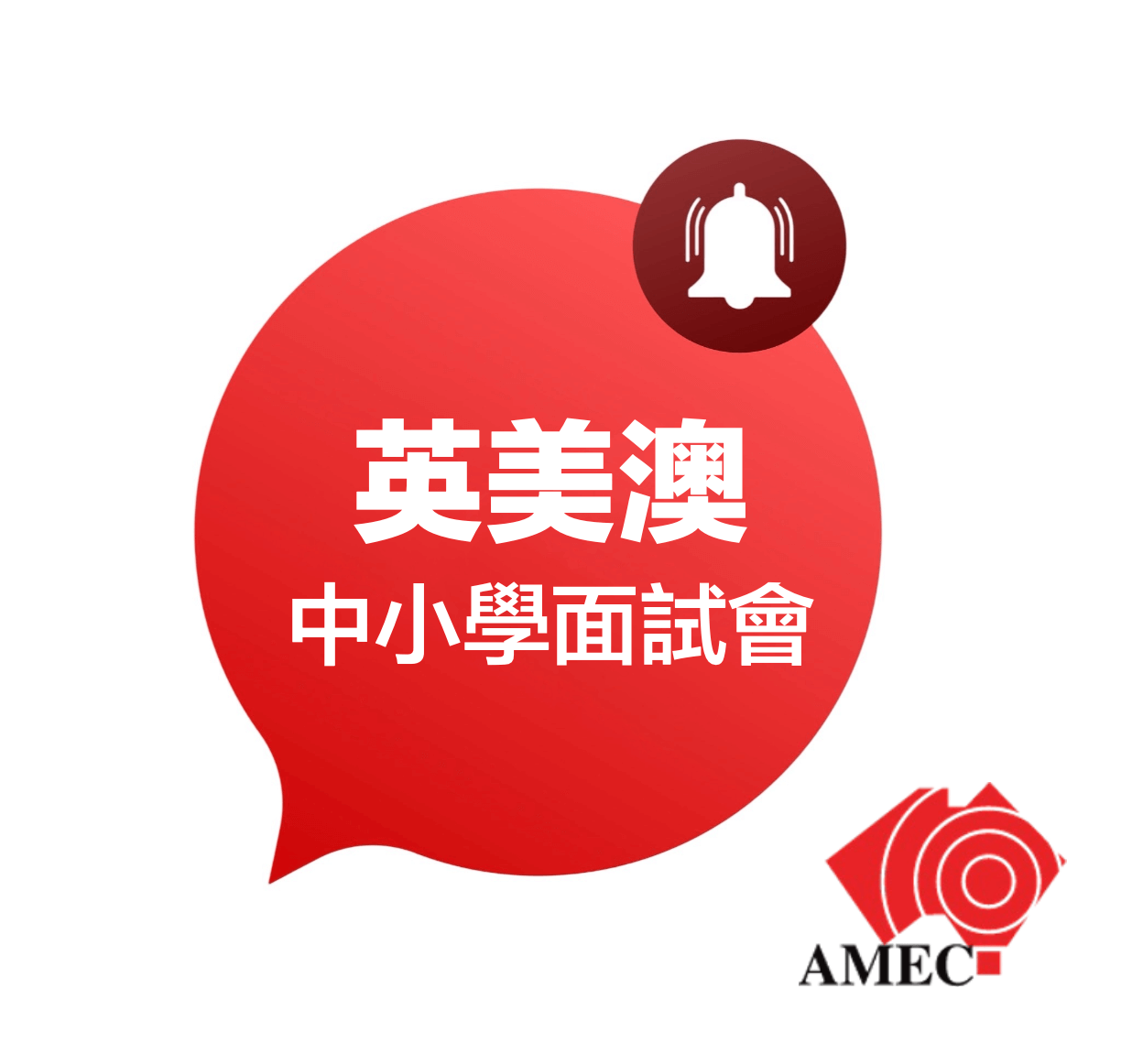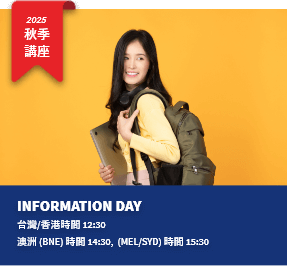Childcare Development Approved by Australian Gov
The population of Australia has been increasing substantially. During the past 5 years (2011-2016), Victoria has seen the greatest increase (11.6%), followed by the Australian Capital Territory (9.6%), West Australia (8.7%), Queensland (8.3%), New South Wales (7.2%), Northern Territory (6.2%), South Australia (4.5) and Tasmania (1.2%) which shows the lowest growth rate. The data indicates that within the next 45 years (2016-2061), due to the rapid growth of Australia’s population, the emergence of baby boom may contribute to early childhood education.
(Map of population growth rate from 2012-2016, Australia)
- The Australian child care industry shows low concentration rate. This is because that approximately half of the kindergarten is non-profit.
- The four major kindergarten organisations and numerous small kindergartens form the whole market ($12.4 billion AUD). Nevertheless, total income of the four major kindergarten organisations accounts for less than 20% of the whole market.
- According to the statistics released by the Australian Children’s Education & Care Quality Authority (ACECQA), until the 1st quarter of 2016, 83% of kindergarten operators only own 1 kindergarten; 16% of them own 2 to 24 kindergartens. Those major kindergarten operators who own more than 25 kindergartens only accounts for 1%.
The kindergarten industry has been through the phase where it shows the most rapid growth. According to the prediction announced by Inferred Bio-molecular Interaction Server (IBIS), after 2016-2017 which shows a high growth rate of 12%, average growth rate of the industry in the next 5 years will be at 5.8%.
- Advantage: In Australia, early childhood care has been perceived as basic demand in a family. In addition, the population of Australia is experiencing rapid growth.
- Steadiness: Compared to other industries, the kindergarten industry is relatively a field of lower risks and less competition. Not only is the income stable, but it is also less vulnerable to the rapid change of technological development and the extra costs that come with it.
- Opportunities: So far, the biggest uncertainty of the kindergarten industry is whether the reform of early childhood care, a policy being discussed and proposed by the Government of the Commonwealth of Australia, will be approved. The reform introduces Single Child Care Subsidy (CCS). If the reform is approved, new policy will be implemented in 2018, which will bring revolutionary change to the early childhood care industry. CCS will replace the current Child Care Benefit (CCB) and Child Care Rebate (CCR). Kindergarten operators will be subsidised directly from the Government. Level of profit and its growth rate will be also be increasing more than expected.
創新永續起手式-智慧城市淨零減碳
因應智慧城市趨勢發展, 全球關注的淨零減碳工作刻不容緩, 互聯網將科技緊緊聯繫著我們, 跨洋過海, 即將到來的2023台北高雄「智慧城市展」吸引國際智慧城市前來參訪, 台灣是科技島, 世界正在看台灣。我們特別邀請澳洲昆士蘭商務局Trade & Investment Queensland, 於2023年3月27日, 參與【昆士蘭之夜】與台灣能源、關鍵材料及農業科技GTI們一同切磋及用餐, 引領盼望, 交流連結! 此次昆士蘭之夜我們很榮幸邀請到Bundaberg市長 John Dempsey, Scenic Rim市長 Gregory Christensen, Gladstone市長 Matt Burnett, 及Redlands副市長 Julie Talty一起共進晚宴…more












